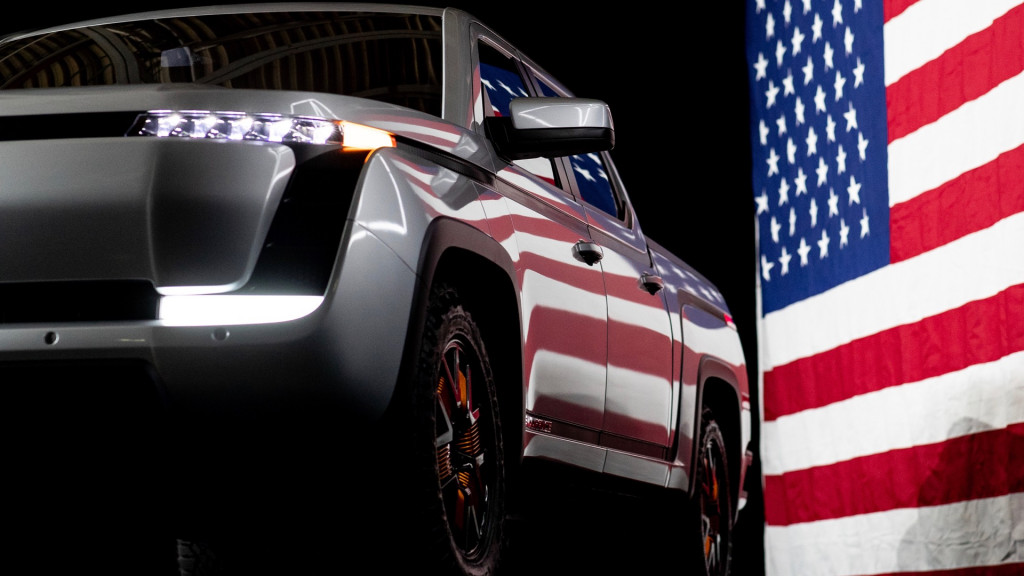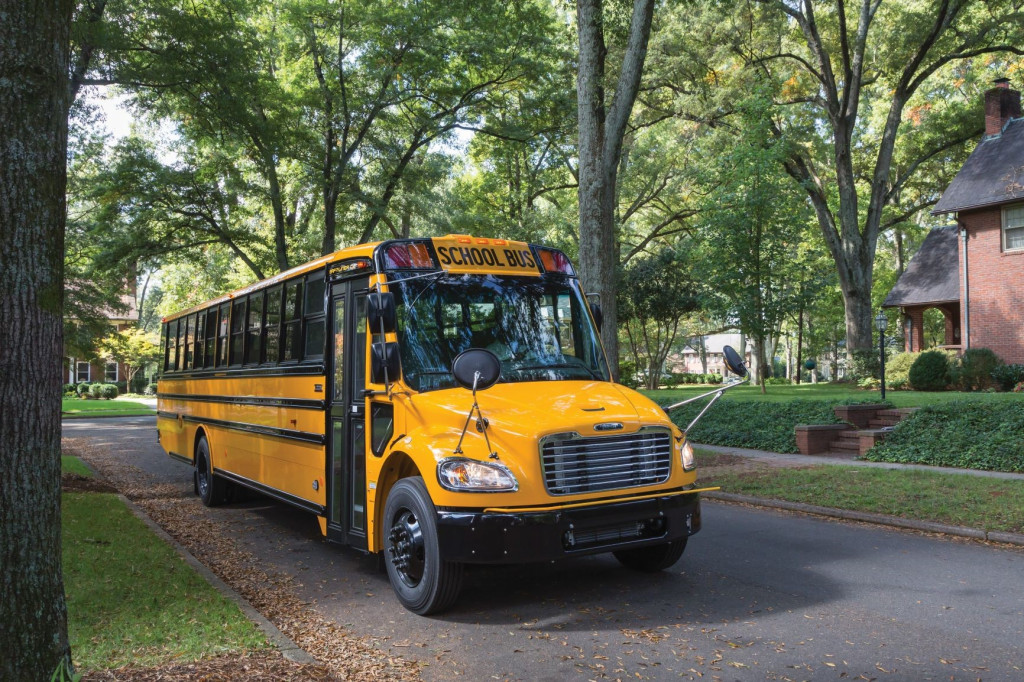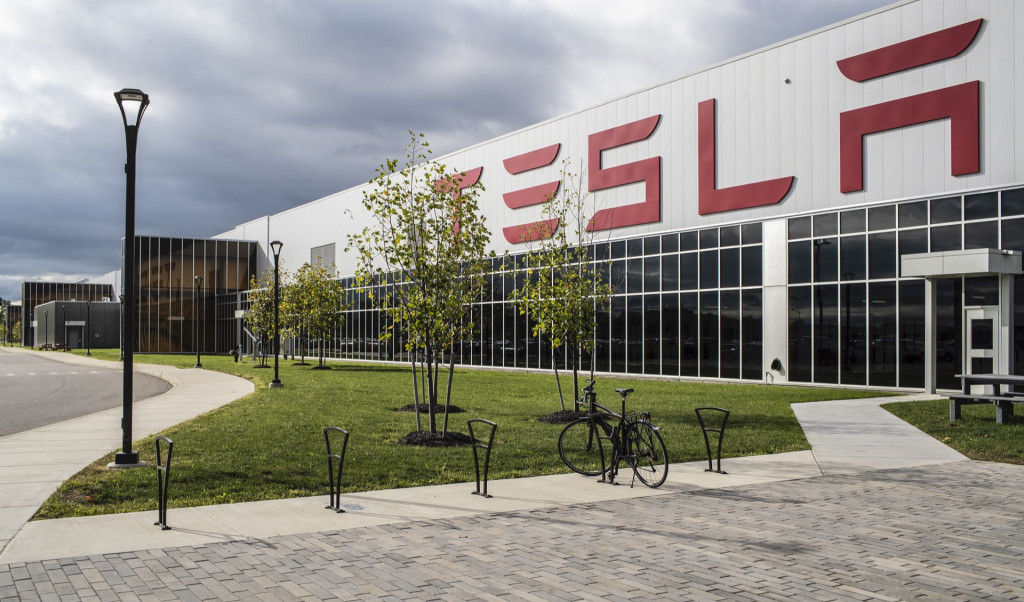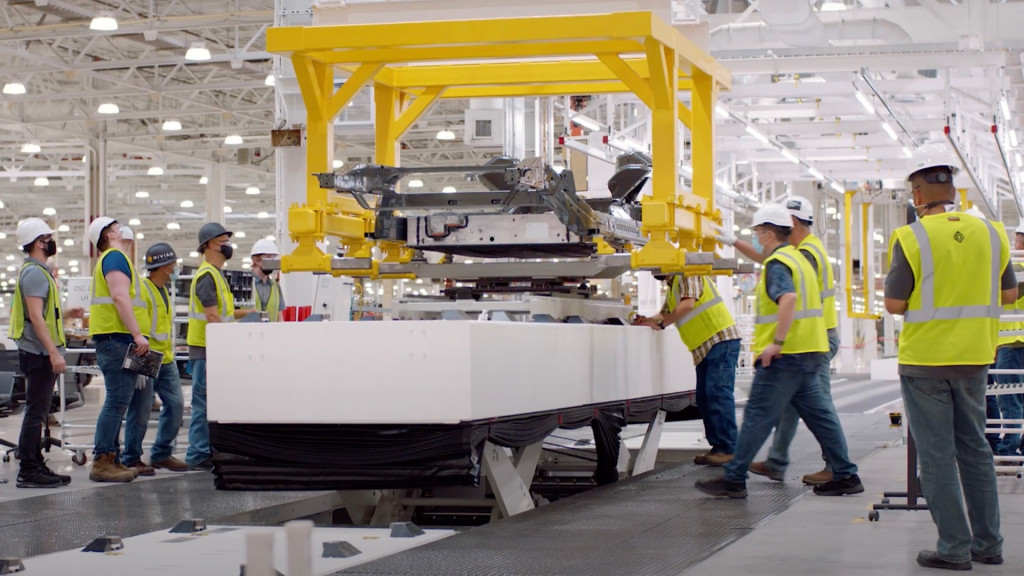President-elect Joe Biden has proposed a $2 trillion climate agenda that includes provisions ranging from coordinating climate priorities in transportation infrastructure spending to rebooting “Cash for Clunkers” in the interest of modernizing the fleet toward cleaner vehicles.
The Union of Concerned Scientists declared Biden's win on Saturday as “a win for science”—referring both to the platform’s methods for addressing the coronavirus pandemic and all of the ramifications for energy and the environment. The Sierra Club, in congratulating the Biden/Harris victory, called it “the strongest climate, clean energy, and environmental justice platform ever advanced by a presidential ticket.”
But executing that plan and platform requires lawmaking and depends on Democratic control of Congress—and, in the latest in a string of political cliffhangers, runoff elections in Georgia that will determine control of the Senate. Without the legislative branch on his side, the chances of pushing through standalone, wide-reaching climate legislation are slim.
Even without Senate control, there are still many things that President-elect Biden could do for clean energy and green vehicles. Bloomberg noted that a recent task force, assembled during the campaign and led by former Secretary of State John Kerry and Representative Alexandria Ocasio-Cortez, sketched out 56 of them.

Lordstown Endurance
Here are 10 punchlist items we see being within reach of President-elect Biden. Each one of them could spell out a significant difference for EVs in the U.S., and collectively it would be a sea change versus our current trajectory.
Revisiting fuel economy requirements
Although the timing for the release of the Trump EPA’s final rule for fuel economy and emissions reportedly made it difficult to reverse course, the Biden administration could use existing EPA resources to quite easily make its case for restoring Obama-era rules that were to be in place until 2026.
This would also not be an immediate change, as the agency would need to follow the existing rulemaking process. Under a precedent embraced by Trump, Biden has the option of appointing people to “acting” posts so that rulemaking could be accomplished. Although this all could be open to court challenges.
Expanding and extending the EV tax credit
An extension of the federal EV tax credit with a 600,000-vehicle manufacturer cap and a credit cut from $7,500 to $7,000 was included in last year’s federal spending bill, with bipartisan support, but cut by the White House. Without Trump and economic advisor Larry Kudlow, the second time could be a charm. Biden’s campaign has said that he is likely to seek establishing a $250,000 household-income limit for claiming the credit. Lifting the ceiling that currently punishes GM and Tesla for their early success with plug-in vehicles could even the long-term playing field.

Thomas Built Buses Jouley electric school bus
An accelerated conversion of public vehicle fleets to all-electric
This is something singled out by the task force as another possibility and does not require the backing of Congress. “We will reduce harmful air pollution and protect our children’s health by transitioning the entire fleet of 500,000 school buses to American-made, zero-emission alternatives within five years,” the policymakers said.
More charging infrastructure
Biden’s plan aims for “at least 500,000 public charging stations from coast to coast,” through partnering with state and local governments.
![City of Detroit, by jdurchen [Flickr] City of Detroit, by jdurchen [Flickr]](https://images.hgmsites.net/lrg/city-of-detroit-by-jdurchen-flickr_100302031_l.jpg)
City of Detroit, by jdurchen [Flickr]
Fewer charging deserts and “energy poverty”
The Biden task force aims to “develop a national strategy to eliminate energy poverty, including lack of electricity access in rural places, and reduce disparities in energy burden.” You can bet there will be a stronger focus on getting charging and clean energy to people who would otherwise have been left behind, including many in urban areas.
A cleaner grid for rural America
The task force noted that the Biden administration would increase “federal support to build sustainable and resilient energy grids in rural America and in tribal areas lacking energy infrastructure.” Those were some of the primary aims of the Obama-era Clean Power Plan, replaced by Trump’s weaker Affordable Clean Energy rule, which several analyses have projected will increase greenhouse gas emissions compared to a business-as-usual scenario. While reverting to the complexities of the Clean Power Plan might no longer be possible, restoring some of its aims might be.

Tesla Gigafactory 2, Buffalo NY
Helping finance the EV-manufacturing transition
This is an item that, with the blessing of the Biden administration, lawmakers might easily back—spelled out in the task force document as making grand programs or financing available “to construct new or retool existing U.S. facilities to manufacture electric vehicles, including heavy duty trucks, school buses, transit buses, aircraft, and more.”
Nurturing smaller U.S. EV companies
The Biden task force intends to increase investment in innovation hubs and work toward “expanding assistance to small manufacturers seeking to grow and to link up with global supply chains.” It’s hard to conceive how this wouldn’t be a good thing for EV contenders planning to build vehicles in the U.S., like Lucid, Rivian, and Lordstown.

Rivian factory screenshot
Returning to tariff stability
In following the latter point, we can’t expect a Biden administration to walk back much of the tariff negotiation made under the Trump administration, but we can expect it to be much more even-keeled and less slapdash—potentially good news both for the German auto industry and for other automakers looking to selectively source some low-volume models from China as part of a trade balance. One legacy of the Trump administration may be that more vehicles—and more leading-edge technology vehicles—will be made in America, however.
Wildcard: Changing how automakers react
Some automakers have sided with California and said they can easily meet revised state standards more closely aligned with the Obama-Biden standards, while others have sided with the Trump administration through the process of rolling out relaxed rules that didn’t agree with the EPA’s own findings. With the Clean Air Act waiver restored, this is going to be fun to watch—especially as some automakers likely try to rewrite their recent history.
"electric" - Google News
November 08, 2020 at 08:00PM
https://ift.tt/3p67br7
Why a Biden presidency will accelerate change to electric cars: 10 talking points - Green Car Reports
"electric" - Google News
https://ift.tt/2yk35WT
https://ift.tt/3bbj3jq
No comments:
Post a Comment